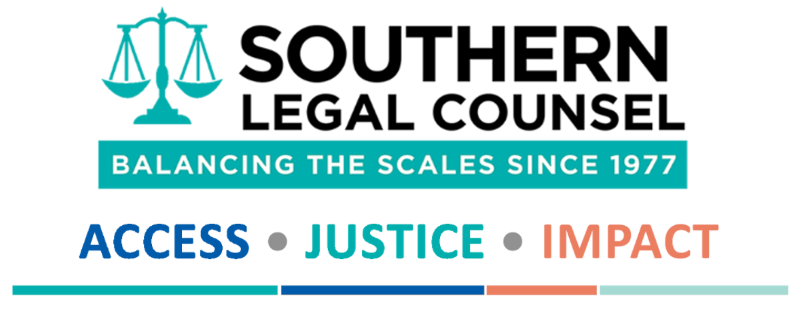How the guardianship process differs from the other options
- The guardianship process was not created specifically for individuals with developmental disabilities like the guardian advocate process was. Because these cases involve the court determining if the individual is legally incapacitated versus relying on a medical diagnosis, they can be a bit more complex and it’s a longer process to become a guardian through this option. There is also a higher burden of proof in these cases.
- A panel of three experts (at least one must be a psychiatrist or other physician) will interview and examine the adult with developmental disabilities to determine if they have the capacity to exercise the rights to: marry, vote, personally apply for governmental benefits, have a driver's license, travel, work, contract, sue and defend lawsuits, decide where to live, manage property, and make decisions about the adult's social environment or other social aspects of their life.
- Like the guardian advocate process, a lawyer will be assigned to the adult with developmental disabilities if they don't have their own. The process requires one or more court hearings before a judge to determine whether they are completely, partially, or not at all incapacitated.
- Even if the adult with developmental disabilities is found to be incapacitated, the judge is required by law to see if a less restrictive alternative to guardianship is available. A less restrictive alternative might be a power of attorney, health care surrogate designation, trust, or representative payee.

